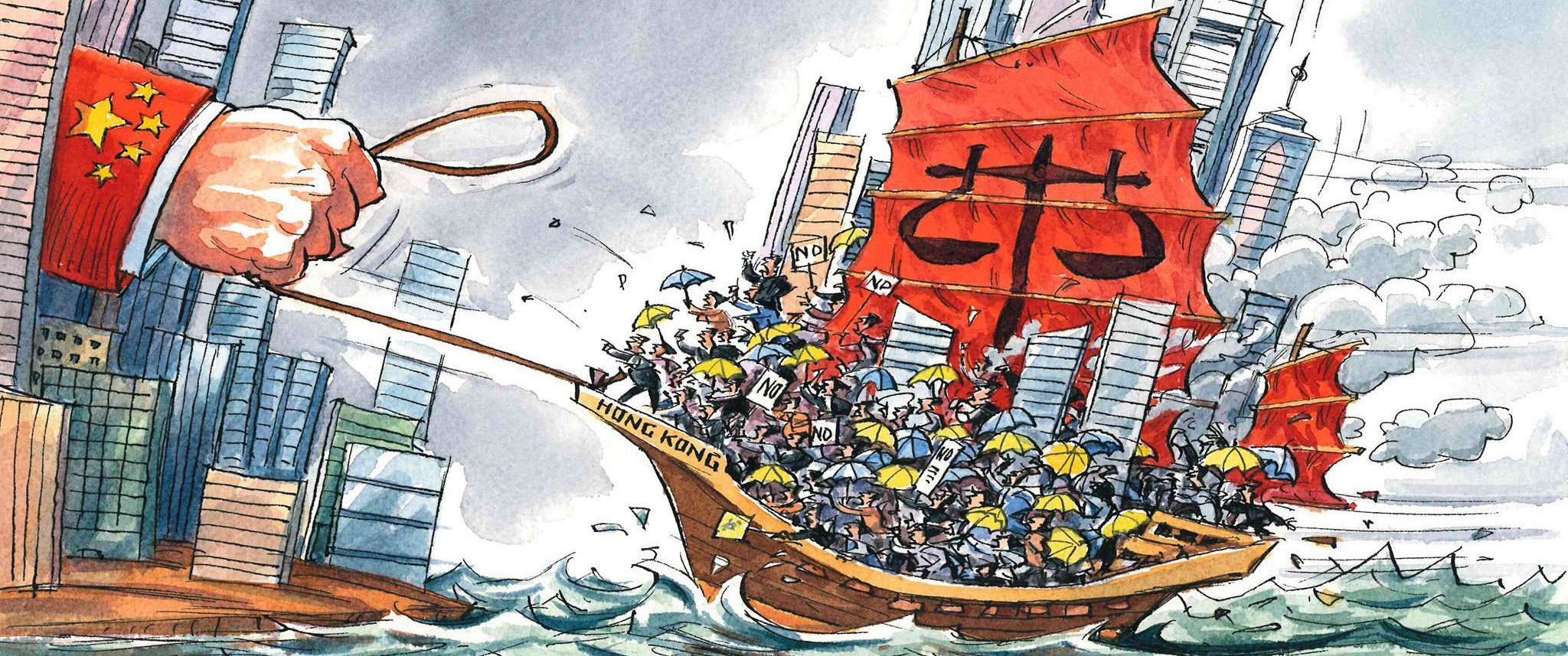

Oct
As someone who grew up in Eastern Europe, I’ve witnessed first-hand that simply having comprehensive laws in place is nowhere near enough. If this were the only variable involved in the rule of law equation, China as well as my own country would pass the proverbial test relatively easily. Unfortunately, things tend to be multiple orders of magnitude more complicated than that.
What matters just as much (if not more) is having a framework in place which makes it possible to actually implement those laws in real life. Anything from systems which reward those who play by the rules to the infrastructure it takes to punish those who do not. In the absence of such a framework, laws can end up representing nothing more than text on pieces of paper, as Chinese citizens can attest to first-hand in many instances.
In the 21st century, we have various tools at our disposal to determine to which effect laws are actually respected in certain countries, there is even a Rule of Law Index, which is quite fascinating to observe, with countries/regions ranked from 0 (no rule of law) to 1 (perfect rule of law scenario) based on various factors. We need only compare mainland China to Hong Kong to understand that mainland China is in anything but perfect shape from a rule of law perspective.
In some cases, the gap between the two is not impressive. For example, mainland China has a rank of 0.92 when it comes to limiting civil conflict, which is still lower than Hong Kong’s perfect 1 ranking but excellent nonetheless (a gap of just 8 basis points). The same way, there is only a 14 basis point gap when it comes to crime being controlled effectively, an 18 basis point gap as far as the issue of violence not being used to address problems is concerned, a 19 basis point gap with respect to the legal due process and rights of the accused (0.70 and 0.51), a 19 basis point gap when it comes to police/military government officials not using their power for personal gain, a 20 basis point gap with respect to the right to information (0.76 compared to 0.56) and so on.
Again, tremendous progress has been made in many respects. In two situations, its ranking is actually superior to that of Hong Kong: the manner in which regular individuals can afford and access civil justice (with China having a two basis point advantage, 0.66 compared to 0.64) and the civil justice process not being delayed unreasonably (a one basis point advantage, 0.76 compared to 0.75). When it comes to several other metrics, while China doesn’t manage to top Hong Kong’s rank in any department, it gets close or at least reasonably close.
However, there are instances in which China lags behind Hong Kong and let’s say the Western world altogether dramatically. For example, a staggering 56 basis point gap when it comes to due process being respected throughout administrative proceedings (0.88 and 0.32), a 54 basis point gap based on the degree to which freedom of belief and religion is guaranteed (0.76 and 0.22), a 53 basis point gap as far as corruption in civil justice is concerned (0.96 and 0.43), a 47 basis point gap from the perspective of improper government influence (0.69 and 0.22), a 45 basis point gap pertaining to the freedom of assembly/association (0.62 and 0.17), a 42 basis point gap when it comes to civil participation (0.63 and 0.21) and the list could go on and on.
As can be seen, while there are instances in which despite lagging strongly behind Hong Kong, China is in reasonable shape, there are also quite a few situations in which China not only lags behind dramatically but it is also in the same territory as countries such as Iran and Venezuela. All in all, from a rule of law perspective, we can conclude that China is still nowhere near ready to be considered a first world country.
Progress being made in many departments is not enough.
In light of the fact that there are even problems that pertain to basic human rights such as the right to belief/religion or the right to assembly/association, investors who are interested in gaining exposure to Chinese assets need to take this major risk factor dimension into consideration. Whether you choose to get close to the proverbial action by moving to China altogether as an investor or simply gain exposure to assets from the comfort of your Western home, this dimension cannot go by unnoticed.
At the end of the day, as mentioned frequently on this website, we are looking at yet another case studies which proves that viewing China through a Western lens is sub-optimal at best and foolish at worst. Needless to say, the ChinaFund.com team is at your disposal if you are interested in putting together a China-oriented investment strategy that is based on actual ground-level realities. As an entity with an active presence in China for over 12 years, we can confirm first-hand that opportunities abound but that there is little room for intellectual laziness and a lack of due diligence for those opportunities to be within reach.
